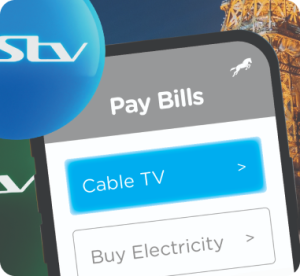Debt has a bad reputation, but not all debt is harmful. Infact, the difference between building wealth and being trapped in financial stress often comes down to the kind of debt you take on and how you manage it. Understanding the difference between good and bad debt can transform your financial future.
What is Good Debt?
Good debt is any borrowing that helps you build long-term value or increases your financial position. It supports your future, not just your present.
Examples include:
- Education loans that improve your skills and earning potential.
- Business loans that fund expansion and generate income.
- Home mortgages that help you own a property likely to appreciate over time.
These types of debt can be seen as investments. They usually have lower interest rates and the returns they bring in the long run outweigh the cost of borrowing.
What is Bad Debt?
Bad debt is borrowing that does not generate future value. Instead, it drains your finances and keeps you paying for yesterday’s choices.
Examples include:
- High-interest credit card balances used for non-essential spending.
- Personal loans for luxury items that lose value quickly.
- Car loans on vehicles far beyond your budget.
Bad debt tends to come with high interest rates, making repayment difficult. It limits your ability to save, invest, or take on good debt when you really need it.
How to Tell the Difference
Before taking on any debt, ask yourself these three questions:
- Will this purchase increase my income, skills, or assets in the future?
- Is the interest rate manageable compared to potential benefits?
- Can I realistically repay it without straining my daily living expenses?
If the answer to these questions leans negative, you are looking at bad debt.
Managing Debt Wisely
- Keep track of all loans and repayment timelines.
- Pay off high-interest debts as quickly as possible.
- Use debt only when it supports long-term goals.
- Build an emergency fund to reduce reliance on borrowing.
Debt is a tool. Used wisely, it can help you grow. Used poorly, it can weigh you down. Understanding the difference between good and bad debt will help you make smarter financial decisions, protect your income, and secure your future.
Visit any Union Bank branch or explore our digital banking solutions to learn how we can help you structure your finances for lasting financial freedom. Because at Union Bank, we don’t just provide banking services we partner with you on your journey to financial success.
Call us on 07007007000 for more information































